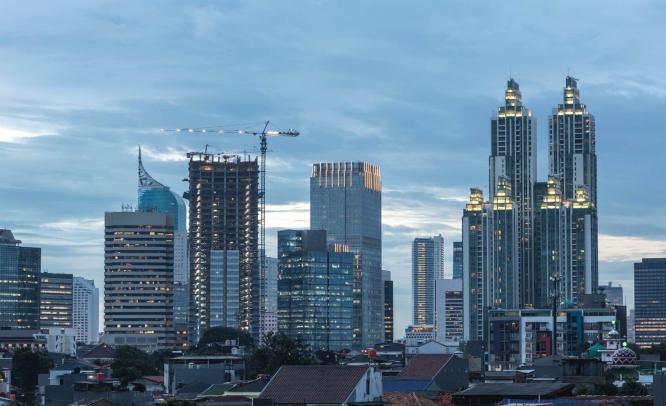Boost for President Joko Widodo’s ambitious program to build infrastructure
IFM Correspondent
November 1, 2016: Many countries are racing to invest in Indonesia, South East Asia’s biggest economy. Last week, Finance Minister Sri Mulyani Indrawati said the economy will probably expand 5 percent this year, making Indonesia an attractive investment destination.
According to reports from the Indonesia Investment Coordinating Board, foreign direct investment (FDI) was mainly realised from Singapore, Japan, China and Hong Kong.
Investment from China stood at $1.6 billion in the January to September period, up from about $600 million for the whole of 2015. This is the largest investment by Chinese investors in Indonesian history.
China is now the third largest investor in Indonesia. It became the nation’s biggest trading partner five years ago. The increase in investment from China is a win-win situation for Indonesia’s President Joko Widodo as he pushes ahead with an ambitious program to build roads, ports and railways.
FDI in Indonesia rose 7.8 percent year-on-year to $7.4 billion in the third quarter of 2016. It is the highest value on record as investment grew the most in metal and electronic, mining, and property sector.
Singapore remains the top investor in Indonesia, with $7.1 billion in the first nine months of the year, compared to $5.9 billion in 2015. FDI from the US slumped to about $400 million from $2.4 billion in 2013.
President Widodo has made attracting foreign investment a priority through massive deregulation and tax holiday schemes. “The rules hampered national capacity and slowed our speed to win competition,” he said.
Officials announced that they would open 35 business sectors to 100% foreign ownership, including toll roads, film production and distribution, tourism-related ventures such as restaurants, and non-toxic waste management. Dozens of other units in sectors such as health care and telecommunications will see an increase in allowable foreign stakes.

